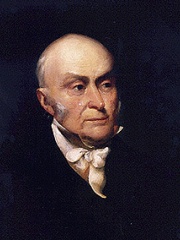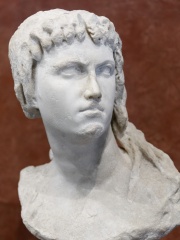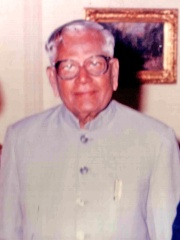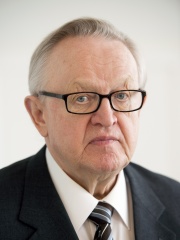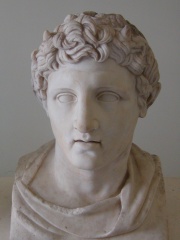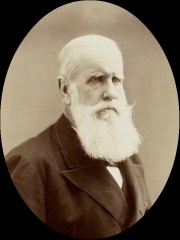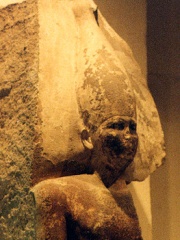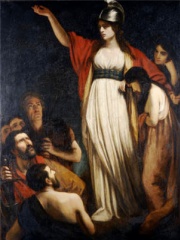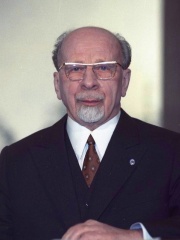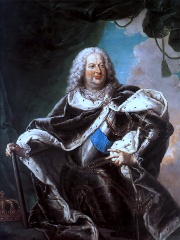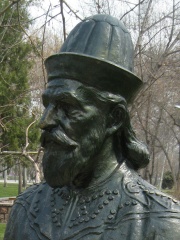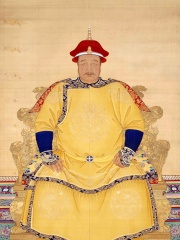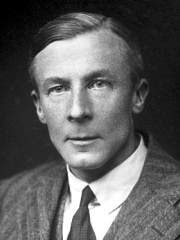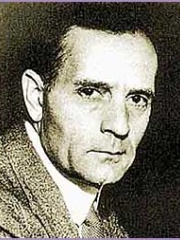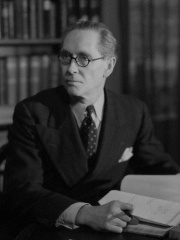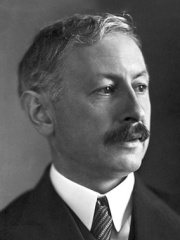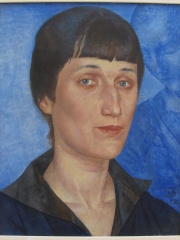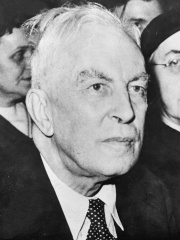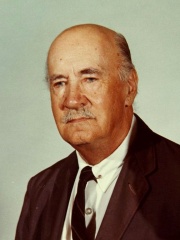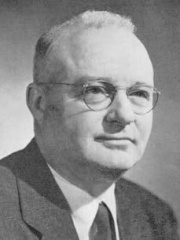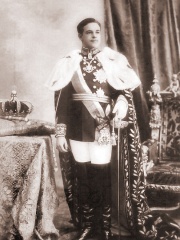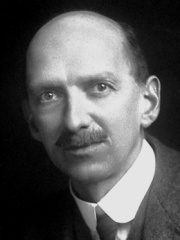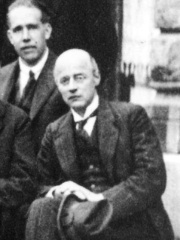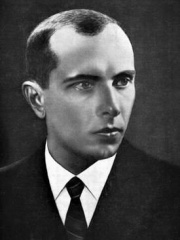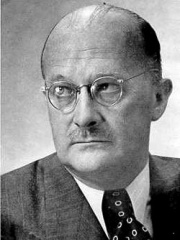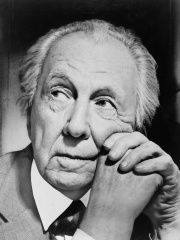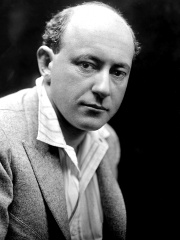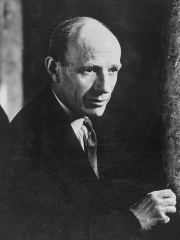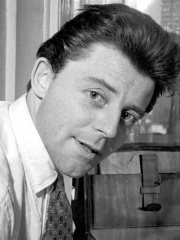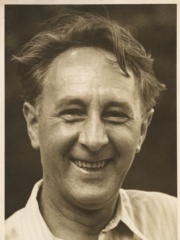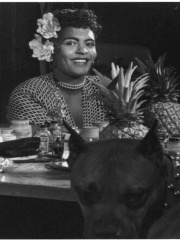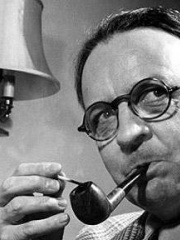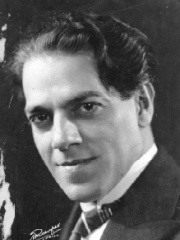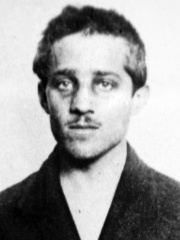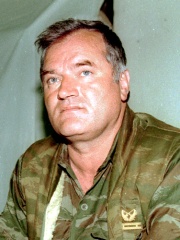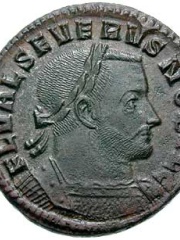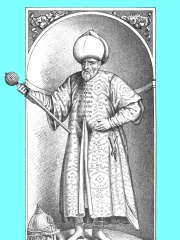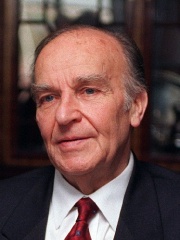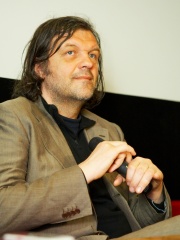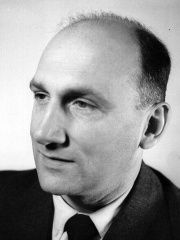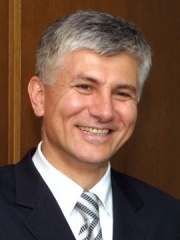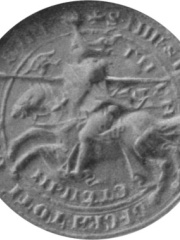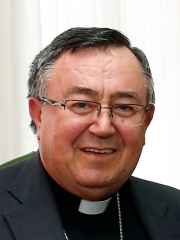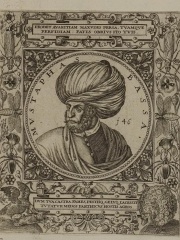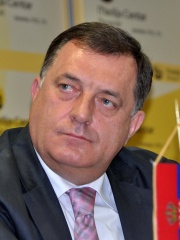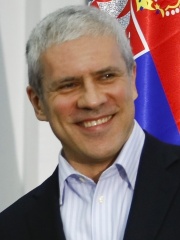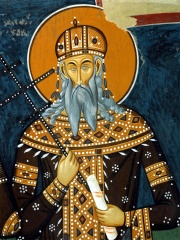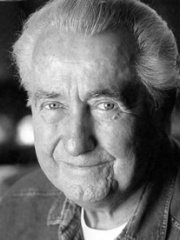POLITICIAN
Ante Pavelić
1889 - 1959
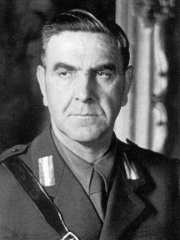
 Ante Pavelić
Ante Pavelić
Ante Pavelić (Croatian: [ǎːnte pǎʋelit͡ɕ] ; 14 July 1889 – 28 December 1959) was a Croatian politician who founded and headed the fascist ultranationalist organization known as the Ustaše in 1929 and was dictator of the Independent State of Croatia (NDH), a fascist puppet state built out of parts of occupied Yugoslavia by the authorities of Nazi Germany and Fascist Italy, from 1941 to 1945. Pavelić and the Ustaše persecuted many racial minorities and political opponents in the NDH during the war, including Serbs, Jews, Romani, and anti-fascists, becoming one of the key figures of the genocide of Serbs, the Porajmos and the Holocaust in the NDH. At the start of his career, Pavelić was a lawyer and a politician of the Croatian Party of Rights in the Kingdom of Yugoslavia known for his nationalist beliefs and support for an independent Croatia. By the end of the 1920s, his political activity became more radical as he called on Croats to revolt against Yugoslavia, and schemed an Italian protectorate of Croatia separate from Yugoslavia. Read more on Wikipedia
His biography is available in 49 different languages on Wikipedia (up from 48 in 2024). Ante Pavelić is the 865th most popular politician (down from 704th in 2024), the 7th most popular biography from Bosnia and Herzegovina (down from 6th in 2019) and the 4th most popular Bosnian, Herzegovinian Politician.
Ante Pavelić was a Croatian politician and leader of the fascist Ustaše movement. He led the Independent State of Croatia during World War II and the Holocaust in Yugoslavia.
Memorability Metrics
Page views of Ante Pavelić by language
Among POLITICIANS
Among politicians, Ante Pavelić ranks 865 out of 19,576. Before him are John Quincy Adams, Cleopatra II of Egypt, Ramaswamy Venkataraman, Martti Ahtisaari, Demetrius I of Macedon, and Pedro II of Brazil. After him are Sneferu, Boudica, Walter Ulbricht, Stanisław Leszczyński, Nizam al-Mulk, and Hong Taiji.
Most Popular Politicians in Wikipedia
Go to all RankingsJohn Quincy Adams
1767 - 1848
HPI: 76.57
Rank: 859
Cleopatra II of Egypt
185 BC - 116 BC
HPI: 76.57
Rank: 860
Ramaswamy Venkataraman
1910 - 2009
HPI: 76.57
Rank: 861
Martti Ahtisaari
1937 - 2023
HPI: 76.56
Rank: 862
Demetrius I of Macedon
336 BC - 283 BC
HPI: 76.56
Rank: 863
Pedro II of Brazil
1825 - 1891
HPI: 76.55
Rank: 864
Ante Pavelić
1889 - 1959
HPI: 76.53
Rank: 865
Sneferu
2700 BC - 2609 BC
HPI: 76.53
Rank: 866
Boudica
33 - 61
HPI: 76.52
Rank: 867
Walter Ulbricht
1893 - 1973
HPI: 76.52
Rank: 868
Stanisław Leszczyński
1677 - 1766
HPI: 76.50
Rank: 869
Nizam al-Mulk
1018 - 1092
HPI: 76.49
Rank: 870
Hong Taiji
1592 - 1643
HPI: 76.49
Rank: 871
Contemporaries
Among people born in 1889, Ante Pavelić ranks 12. Before him are Jean Cocteau, Edgar Adrian, Jawaharlal Nehru, Edwin Hubble, Philip Noel-Baker, and Paul Karrer. After him are Anna Akhmatova, Vaslav Nijinsky, Arnold J. Toynbee, Igor Sikorsky, Thomas Midgley Jr., and Manuel II of Portugal. Among people deceased in 1959, Ante Pavelić ranks 8. Before him are Charles Thomson Rees Wilson, Owen Willans Richardson, Stepan Bandera, Adolf Windaus, Frank Lloyd Wright, and Cecil B. DeMille. After him are Edward Wood, 1st Earl of Halifax, Gérard Philipe, Bohuslav Martinů, Billie Holiday, Raymond Chandler, and Heitor Villa-Lobos.
Others Born in 1889
Go to all RankingsJean Cocteau
WRITER
1889 - 1963
HPI: 80.33
Rank: 6
Edgar Adrian
PHYSICIAN
1889 - 1977
HPI: 80.05
Rank: 7
Jawaharlal Nehru
POLITICIAN
1889 - 1964
HPI: 78.99
Rank: 8
Edwin Hubble
ASTRONOMER
1889 - 1953
HPI: 78.45
Rank: 9
Philip Noel-Baker
POLITICIAN
1889 - 1982
HPI: 78.25
Rank: 10
Paul Karrer
CHEMIST
1889 - 1971
HPI: 77.10
Rank: 11
Ante Pavelić
POLITICIAN
1889 - 1959
HPI: 76.53
Rank: 12
Anna Akhmatova
WRITER
1889 - 1966
HPI: 76.43
Rank: 13
Vaslav Nijinsky
DANCER
1889 - 1950
HPI: 75.42
Rank: 14
Arnold J. Toynbee
HISTORIAN
1889 - 1975
HPI: 74.78
Rank: 15
Igor Sikorsky
INVENTOR
1889 - 1972
HPI: 74.38
Rank: 16
Thomas Midgley Jr.
CHEMIST
1889 - 1944
HPI: 74.02
Rank: 17
Manuel II of Portugal
POLITICIAN
1889 - 1932
HPI: 73.93
Rank: 18
Others Deceased in 1959
Go to all RankingsCharles Thomson Rees Wilson
PHYSICIST
1869 - 1959
HPI: 82.58
Rank: 2
Owen Willans Richardson
PHYSICIST
1879 - 1959
HPI: 82.49
Rank: 3
Stepan Bandera
POLITICIAN
1909 - 1959
HPI: 79.65
Rank: 4
Adolf Windaus
CHEMIST
1876 - 1959
HPI: 78.89
Rank: 5
Frank Lloyd Wright
ARCHITECT
1867 - 1959
HPI: 77.46
Rank: 6
Cecil B. DeMille
FILM DIRECTOR
1881 - 1959
HPI: 77.46
Rank: 7
Ante Pavelić
POLITICIAN
1889 - 1959
HPI: 76.53
Rank: 8
Edward Wood, 1st Earl of Halifax
POLITICIAN
1881 - 1959
HPI: 75.22
Rank: 9
Gérard Philipe
ACTOR
1922 - 1959
HPI: 74.57
Rank: 10
Bohuslav Martinů
COMPOSER
1890 - 1959
HPI: 73.98
Rank: 11
Billie Holiday
SINGER
1915 - 1959
HPI: 73.78
Rank: 12
Raymond Chandler
WRITER
1888 - 1959
HPI: 73.39
Rank: 13
Heitor Villa-Lobos
COMPOSER
1887 - 1959
HPI: 73.01
Rank: 14
In Bosnia and Herzegovina
Among people born in Bosnia and Herzegovina, Ante Pavelić ranks 7 out of 375. Before him are Gavrilo Princip (1894), Ivo Andrić (1892), Ratko Mladić (1942), Valerius Severus (300), Sokollu Mehmed Pasha (1505), and Alija Izetbegović (1925). After him are Emir Kusturica (1954), Vladimir Prelog (1906), Goran Bregović (1950), Zoran Đinđić (1952), Tvrtko I of Bosnia (1338), and Vinko Puljić (1945).
Others born in Bosnia and Herzegovina
Go to all RankingsGavrilo Princip
EXTREMIST
1894 - 1918
HPI: 80.84
Rank: 1
Ivo Andrić
WRITER
1892 - 1975
HPI: 80.64
Rank: 2
Ratko Mladić
MILITARY PERSONNEL
1942 - Present
HPI: 79.73
Rank: 3
Valerius Severus
POLITICIAN
300 - 307
HPI: 77.80
Rank: 4
Sokollu Mehmed Pasha
POLITICIAN
1505 - 1579
HPI: 77.24
Rank: 5
Alija Izetbegović
POLITICIAN
1925 - 2003
HPI: 76.98
Rank: 6
Ante Pavelić
POLITICIAN
1889 - 1959
HPI: 76.53
Rank: 7
Emir Kusturica
FILM DIRECTOR
1954 - Present
HPI: 75.34
Rank: 8
Vladimir Prelog
CHEMIST
1906 - 1998
HPI: 75.15
Rank: 9
Goran Bregović
MUSICIAN
1950 - Present
HPI: 73.47
Rank: 10
Zoran Đinđić
POLITICIAN
1952 - 2003
HPI: 73.16
Rank: 11
Tvrtko I of Bosnia
POLITICIAN
1338 - 1391
HPI: 72.88
Rank: 12
Vinko Puljić
RELIGIOUS FIGURE
1945 - Present
HPI: 71.38
Rank: 13
Among POLITICIANS In Bosnia and Herzegovina
Among politicians born in Bosnia and Herzegovina, Ante Pavelić ranks 4. Before him are Valerius Severus (300), Sokollu Mehmed Pasha (1505), and Alija Izetbegović (1925). After him are Zoran Đinđić (1952), Tvrtko I of Bosnia (1338), Lala Mustafa Pasha (1500), Biljana Plavšić (1930), Milorad Dodik (1959), Boris Tadić (1958), Vukašin of Serbia (1320), and Ante Marković (1924).
Valerius Severus
300 - 307
HPI: 77.80
Rank: 1
Sokollu Mehmed Pasha
1505 - 1579
HPI: 77.24
Rank: 2
Alija Izetbegović
1925 - 2003
HPI: 76.98
Rank: 3
Ante Pavelić
1889 - 1959
HPI: 76.53
Rank: 4
Zoran Đinđić
1952 - 2003
HPI: 73.16
Rank: 5
Tvrtko I of Bosnia
1338 - 1391
HPI: 72.88
Rank: 6
Lala Mustafa Pasha
1500 - 1580
HPI: 70.88
Rank: 7
Biljana Plavšić
1930 - Present
HPI: 70.67
Rank: 8
Milorad Dodik
1959 - Present
HPI: 70.03
Rank: 9
Boris Tadić
1958 - Present
HPI: 69.36
Rank: 10
Vukašin of Serbia
1320 - 1371
HPI: 68.68
Rank: 11
Ante Marković
1924 - 2011
HPI: 68.09
Rank: 12
